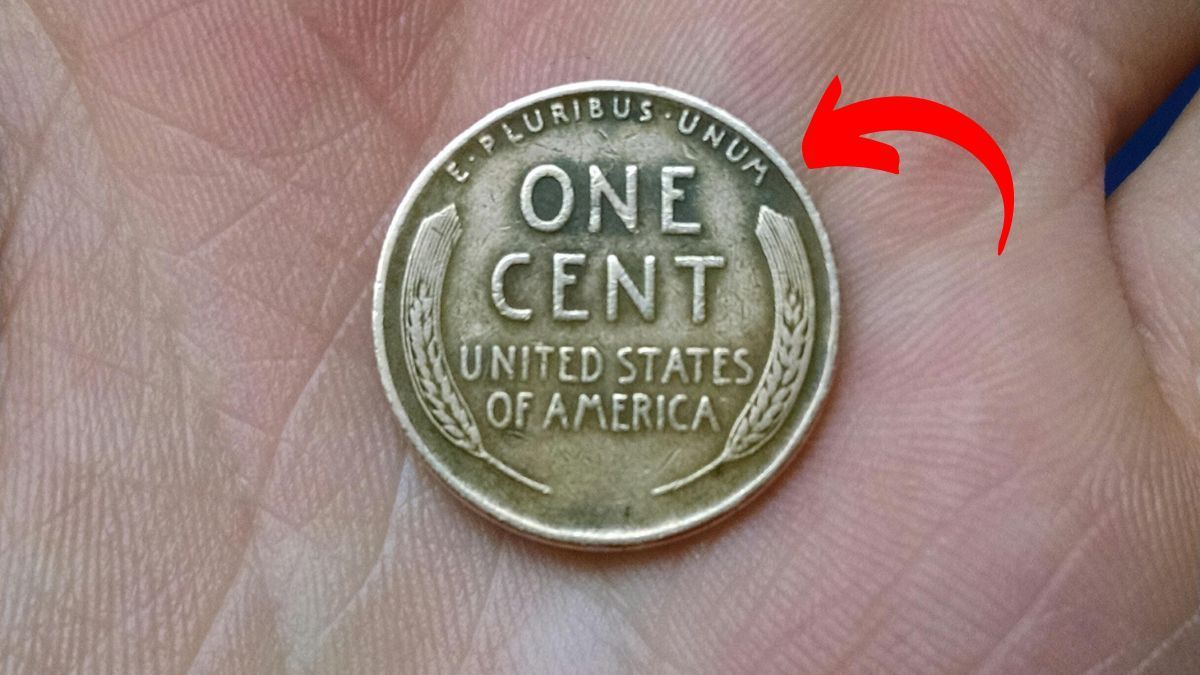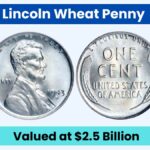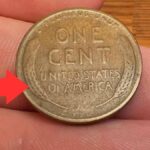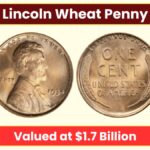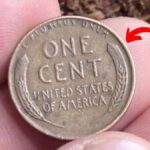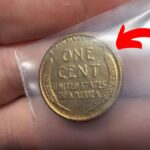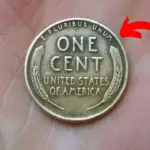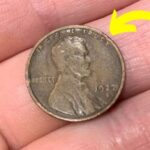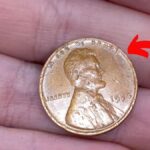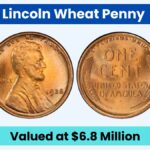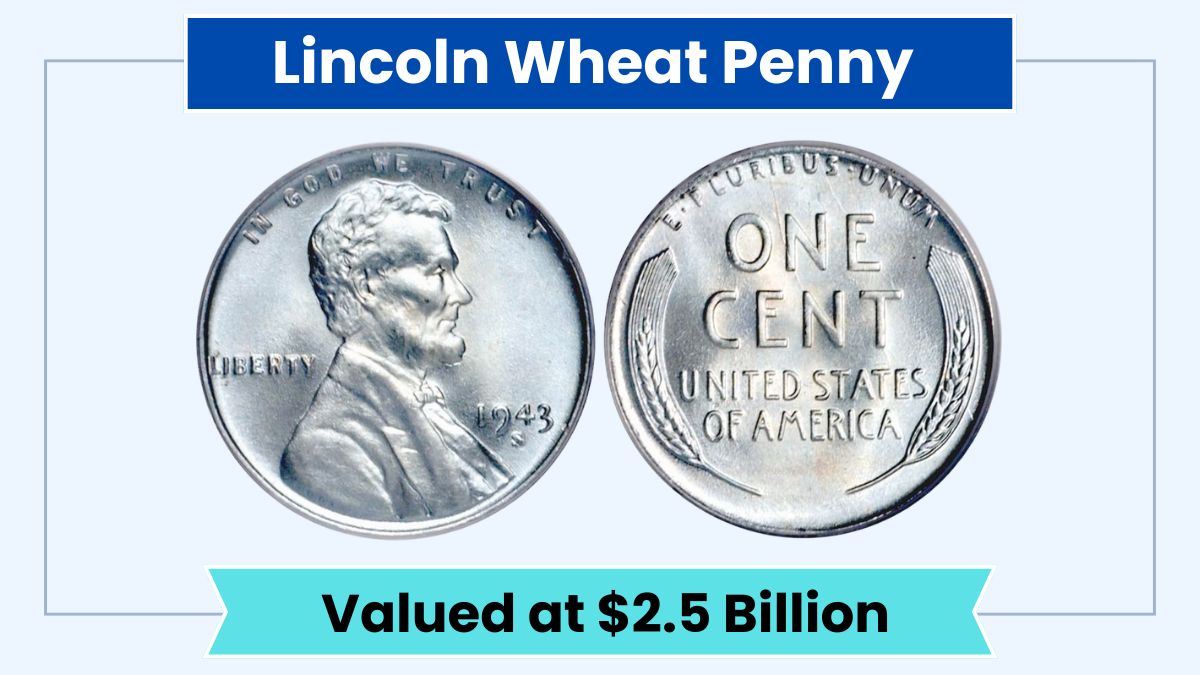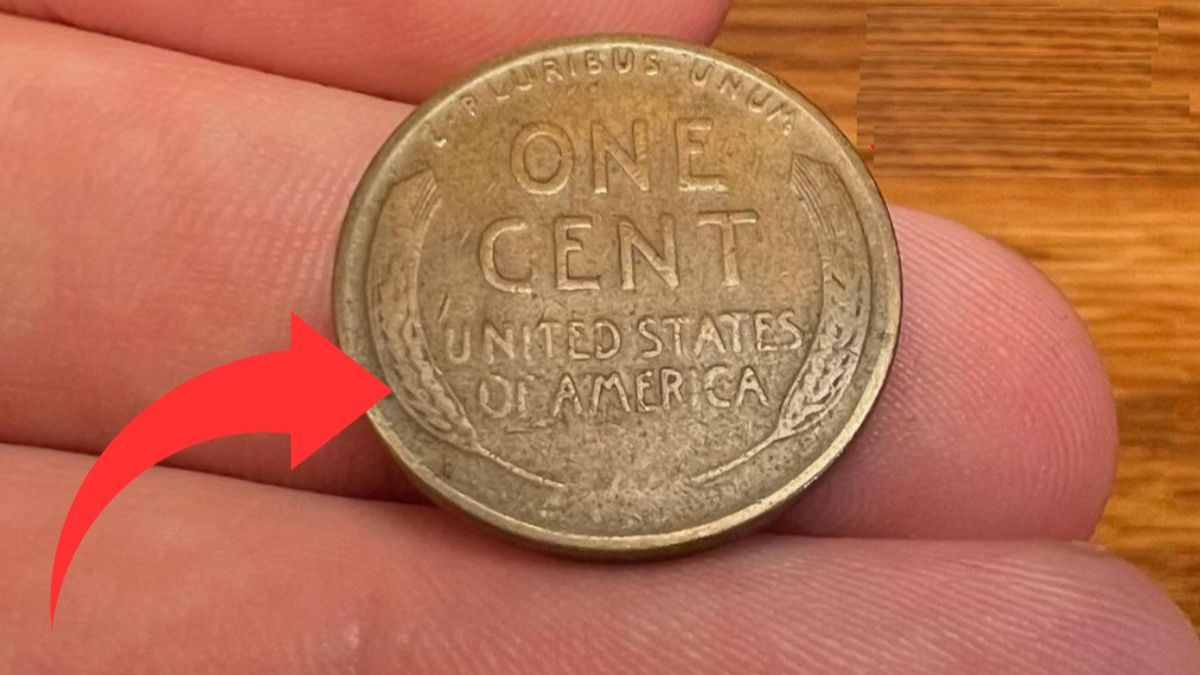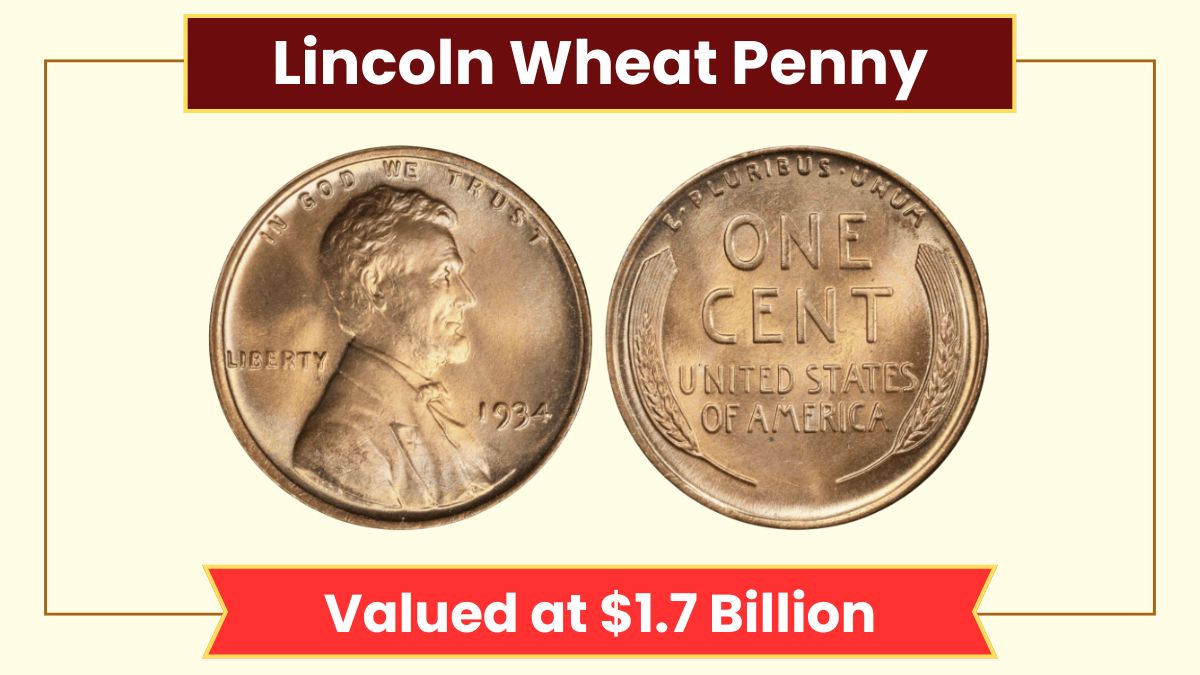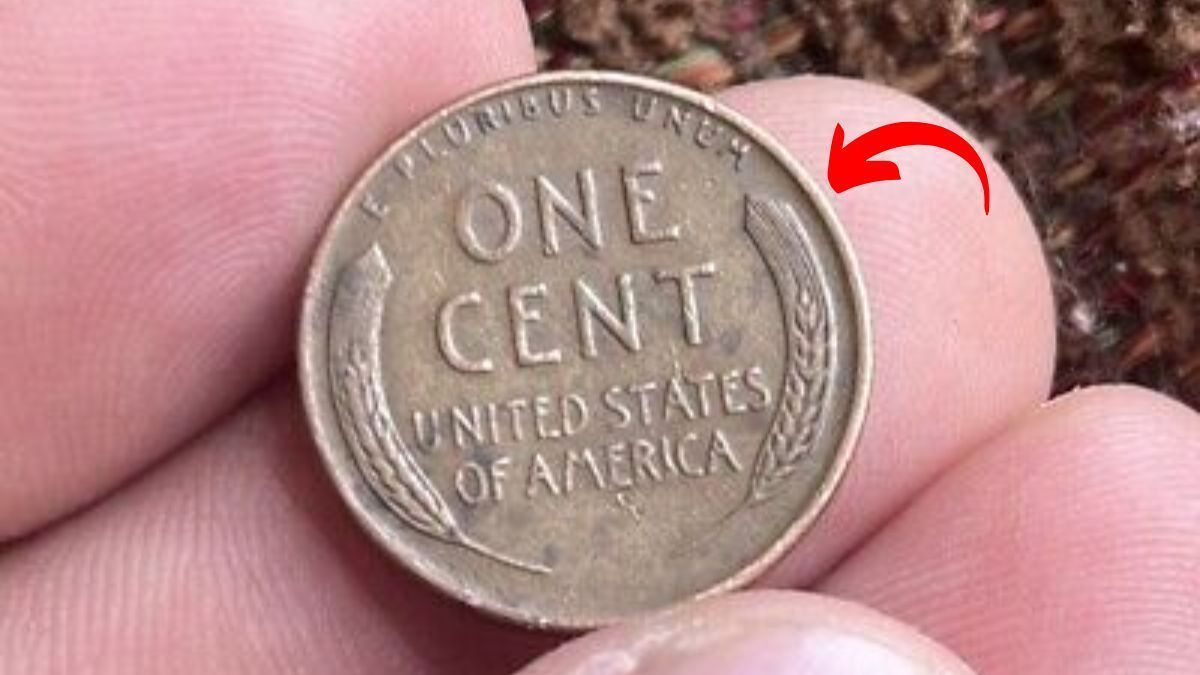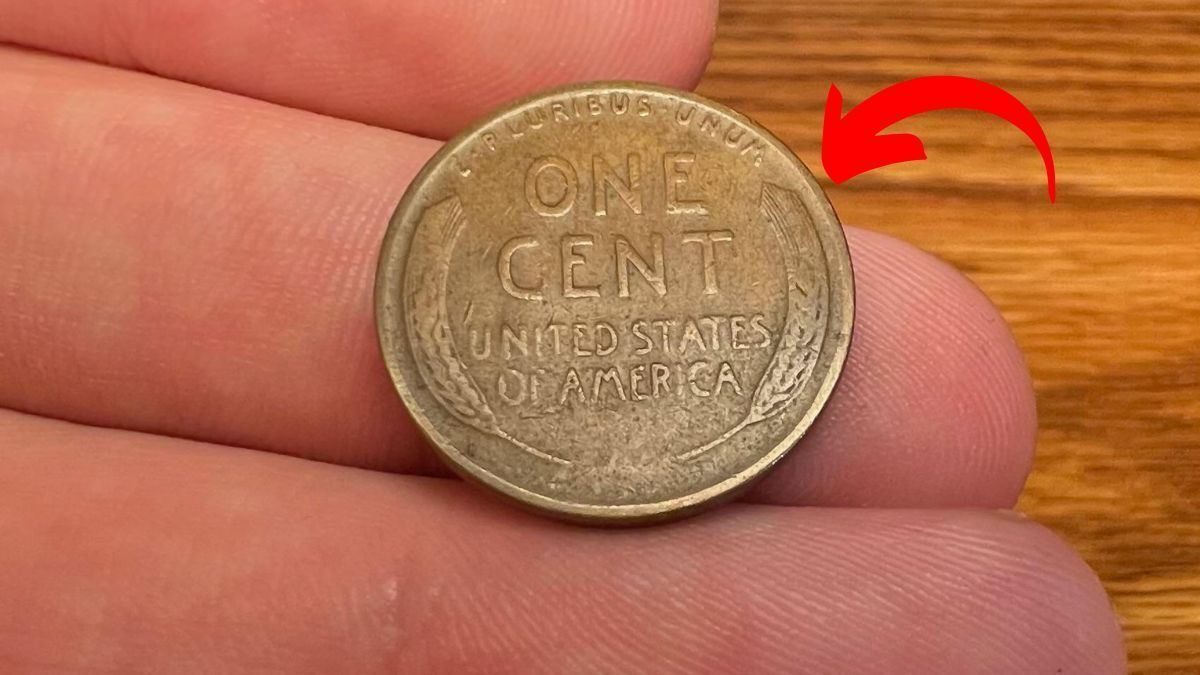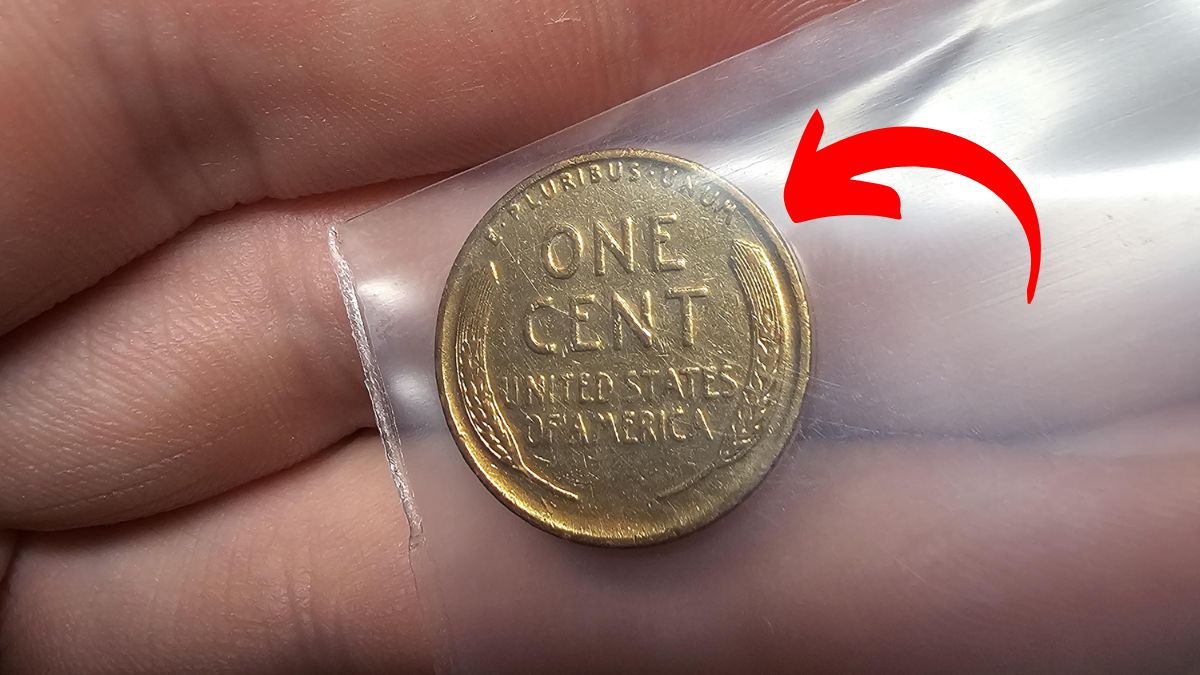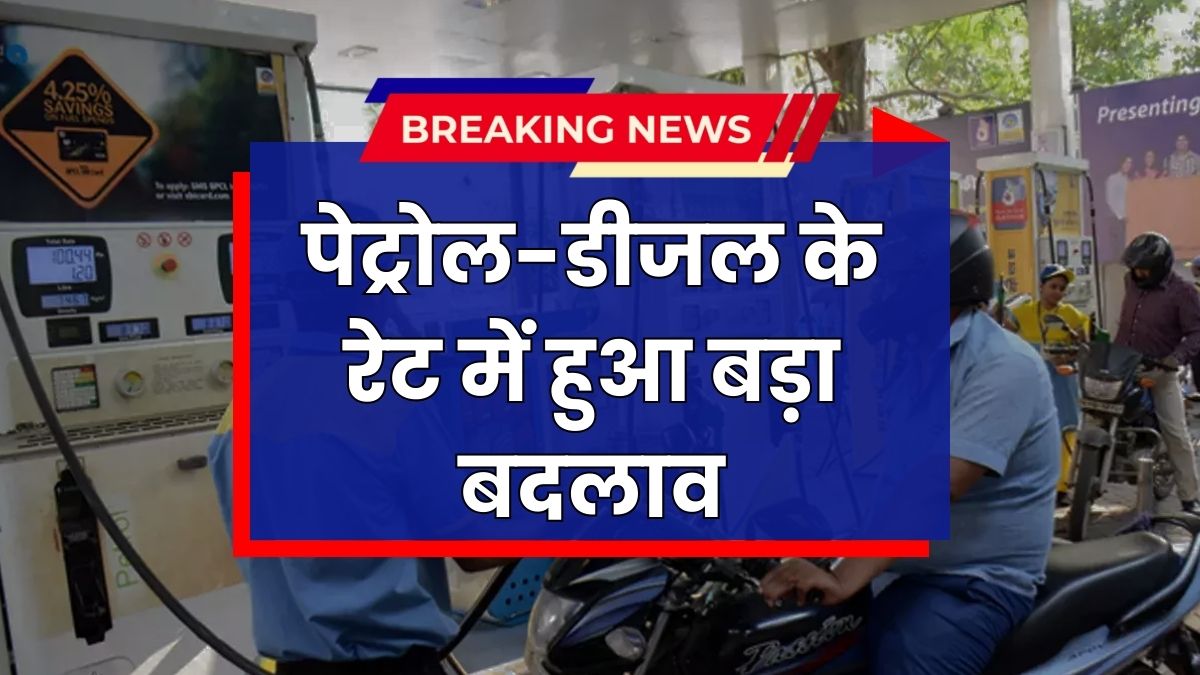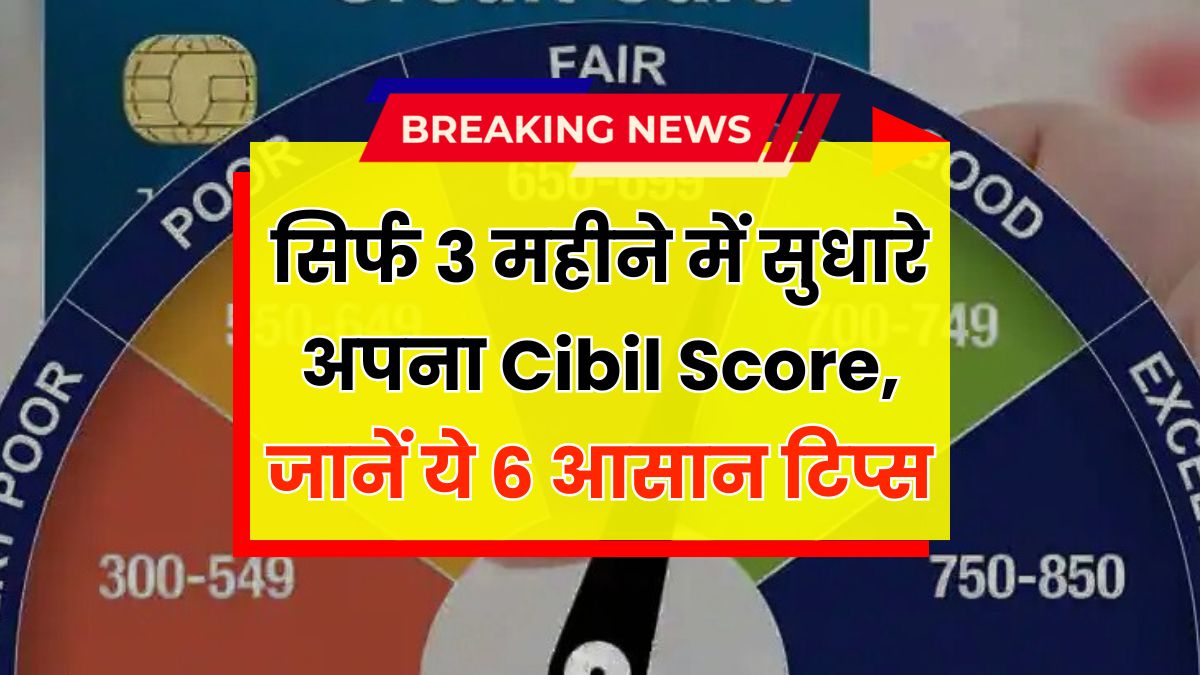In recent times, a surprising claim has caught the attention of many people: a Lincoln Wheat Penny might be worth $100 million and could still be in circulation. This news has created excitement and curiosity across the country. But is it really true? Can a 1-cent coin really be worth that much? Let’s understand everything about this topic in simple words.
What Is the Lincoln Wheat Penny?
The Lincoln Wheat Penny is a one-cent coin that was first introduced in 1909 to honor President Abraham Lincoln’s 100th birth anniversary. It was the first American coin to feature a real person. The front side has Lincoln’s image, while the back side has two stalks of wheat, which is why it’s called the “Wheat Penny.”
The U.S. Mint made these coins from 1909 to 1958. After that, the design was changed to the Lincoln Memorial.
Is a $100 Million Penny Real?
As exciting as it sounds, there is no official record of any Lincoln Wheat Penny being sold or valued at $100 million. However, some extremely rare Wheat Pennies have been sold for very high prices—sometimes in the millions.
So where does the $100 million value come from? Some coin experts believe that if a unique, one-of-a-kind error penny is found in perfect condition, it could possibly be valued at that level in a private sale or auction. But as of today, no such penny has reached that price.
Why Are Some Pennies So Valuable?
Most Wheat Pennies are only worth 1 to 10 cents, but certain factors can make some pennies very valuable, such as:
-
Rarity: Very few coins made in that year or with a specific error.
-
Error Coins: Coins made with mistakes, like using the wrong metal.
-
High Quality: Pennies that are shiny, clean, and undamaged.
-
Historical Importance: Coins linked to major events or rare mint marks.
-
Collector Demand: When collectors really want a specific coin, prices go up.
These factors combined can raise a penny’s value to thousands or even millions of dollars.
Most Valuable Lincoln Pennies Ever Found
Here are a few examples of rare Lincoln Wheat Pennies that have sold for very high prices:
-
1943 Bronze Penny – During World War II, pennies were made of steel, but a few bronze ones were made by mistake. One such penny sold for over $1.7 million.
-
1909-S VDB Penny – Only a small number were made in San Francisco with the initials “VDB.” These can be worth $1,000 to over $50,000 depending on condition.
-
1944 Steel Penny – Another error coin that is worth thousands.
Still, none of these coins have reached $100 million in value.
Could a $100 Million Penny Still Be in Circulation?
It is very unlikely, but not impossible. Sometimes rare coins end up in circulation because people don’t realize their value. A person could spend an old coin not knowing it’s rare.
That’s why coin collectors and hobbyists always check their change. A penny found in a drawer or old jar could be worth a lot of money if it’s rare.
How to Check If You Have a Rare Penny
If you have old pennies lying around, here’s how to check if they might be valuable:
-
Look at the year – Focus on years like 1909, 1943, and 1944.
-
Check the metal – Use a magnet. Steel sticks, but copper doesn’t.
-
Look for mint marks – Small letters like “S” or “D” near the date.
-
Examine the condition – Shiny, clear, and undamaged coins are better.
यह भी पढ़े:
 Top 5 Luckiest Zodiac Signs in 2025
Top 5 Luckiest Zodiac Signs in 2025
-
Search for errors – Look for off-center stamps or unusual colors.
What to Do If You Think You Have a Rare Penny
If you find a penny that might be rare:
-
Don’t clean it – This can reduce its value.
-
Get expert advice – Visit a coin dealer or appraiser.
-
Have it graded – Companies like PCGS can officially rate your coin.
-
Keep it safe – Use a coin holder or case to protect it.
Final Words
The story of a $100 million Lincoln Wheat Penny is mostly a rumor, but it is based on the real value of rare coins. While no such penny has sold for that amount yet, rare Lincoln Pennies have fetched millions. So, next time you get change, take a close look—you might be holding a tiny treasure!
Disclaimer: The prices mentioned for rare coins, including the Lincoln Wheat Penny, are not guaranteed and may not be entirely accurate due to market fluctuations and varying appraisals.
